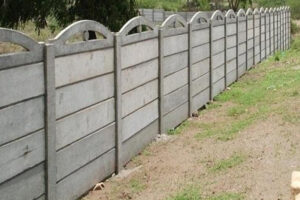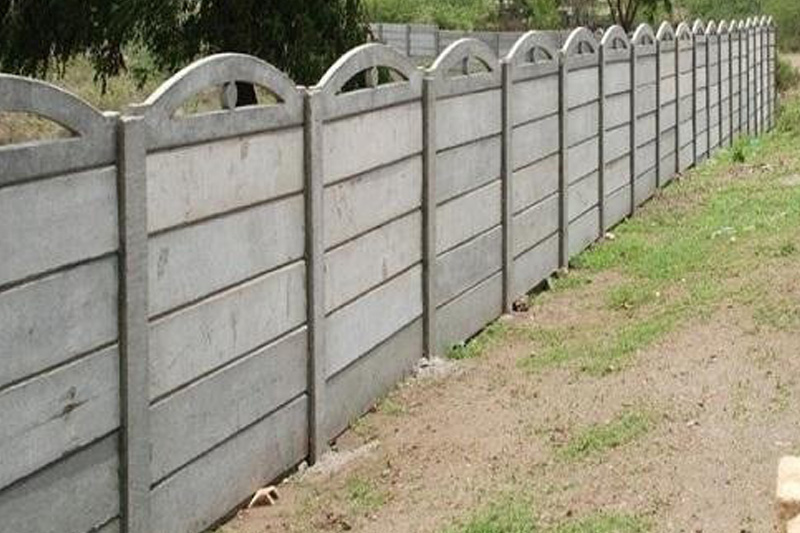Karachi Boundary Wall Compound Wall

Importance of Compound Walls
Compound walls serve as the first line of defense against intruders, trespassers, and unauthorized access, safeguarding property and occupants from security threats and privacy breaches. They establish clear boundaries, demarcate property lines, and enhance the visual appeal of the surroundings. Additionally, compound walls contribute to noise reduction, dust control, and protection against natural elements, creating a comfortable and secure living or working environment.
Design Considerations
Designing a compound wall involves careful consideration of various factors, including: Height and Thickness: The height and thickness of the wall depend on the desired level of security, privacy requirements, and local regulations. Taller and thicker walls offer increased protection but may require additional structural support. Material Selection: Common materials for compound walls include brick, concrete, stone, metal, and precast panels. The choice of material depends on factors such as durability, cost, aesthetics, and maintenance requirements. Architectural Style: Compound walls can be designed to complement the architectural style of the property, incorporating decorative elements, textures, and finishes to enhance visual appeal and curb appeal.Gates and Entrances: Integration of gates, entrances, and access control systems is essential for ensuring controlled entry and exit points while maintaining security and convenience for occupants.
Construction Methods
Compound walls can be constructed using various techniques, including: Masonry Construction: Traditional masonry techniques involve laying bricks, stones, or concrete blocks in mortar to build a solid and durable wall. Reinforcement with steel rods or mesh may be used to enhance structural integrity. Precast Panels: Prefabricated precast panels offer a faster and more cost-effective alternative to traditional masonry construction. These panels are manufactured off-site and assembled on-site, reducing construction time and labor costs. Reinforced Concrete: Reinforced concrete walls provide strength, durability, and versatility, allowing for custom designs, shapes, and finishes. Form work is used to mold the concrete into desired configurations, and reinforcement bars are added for structural support.


